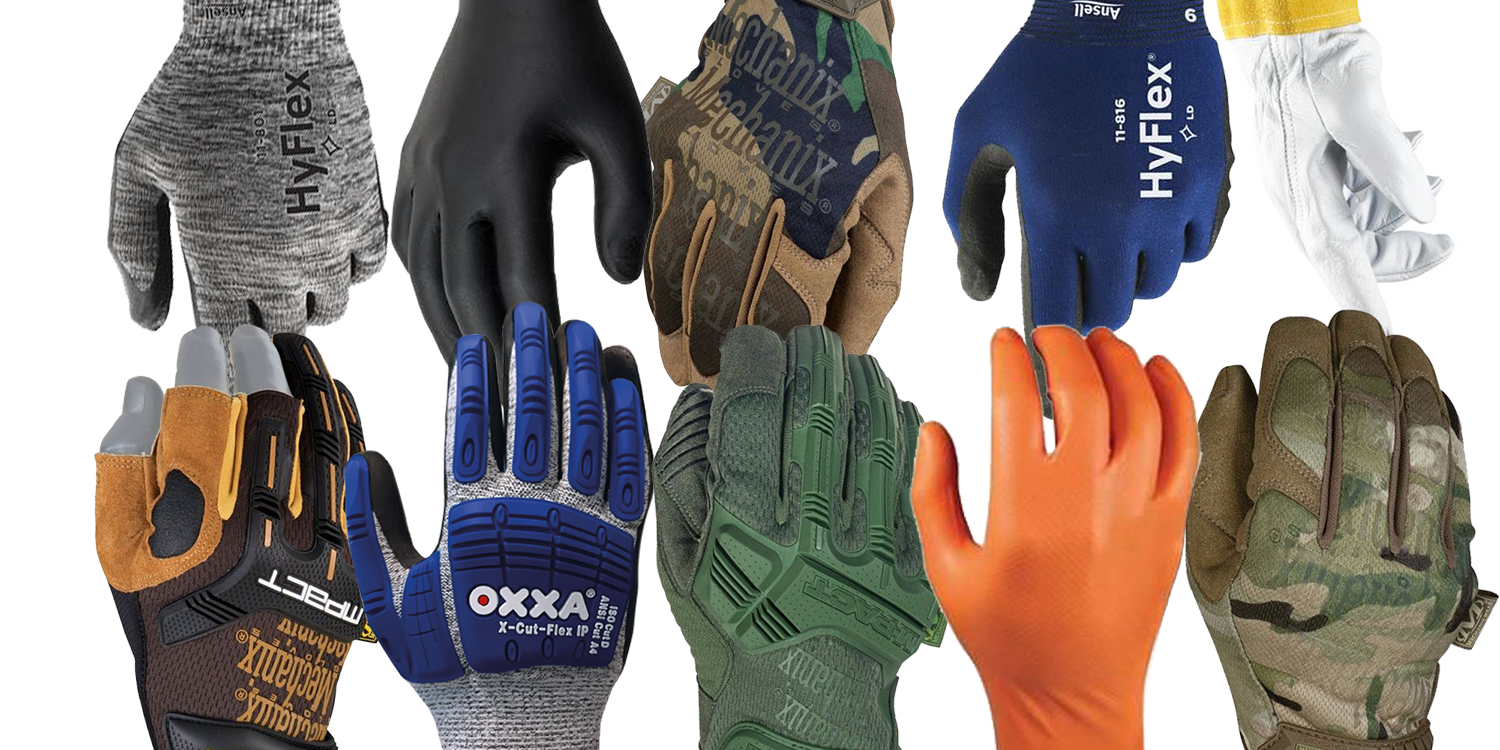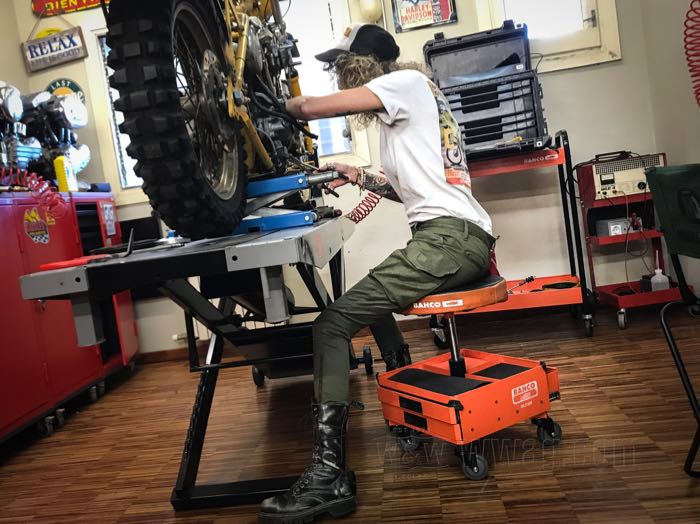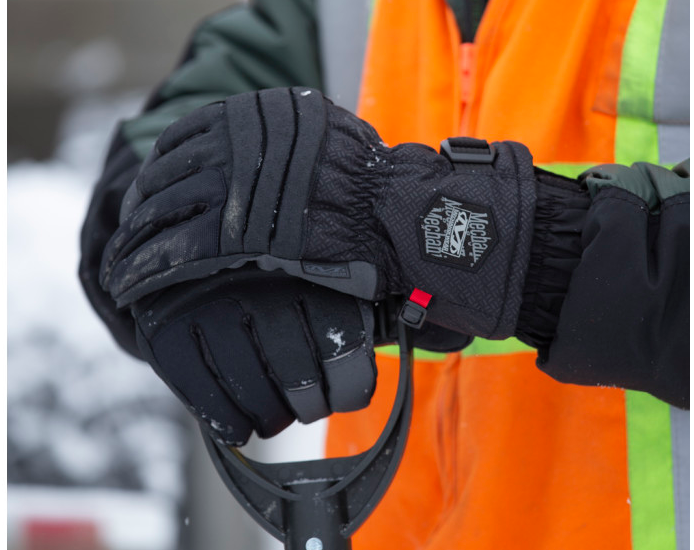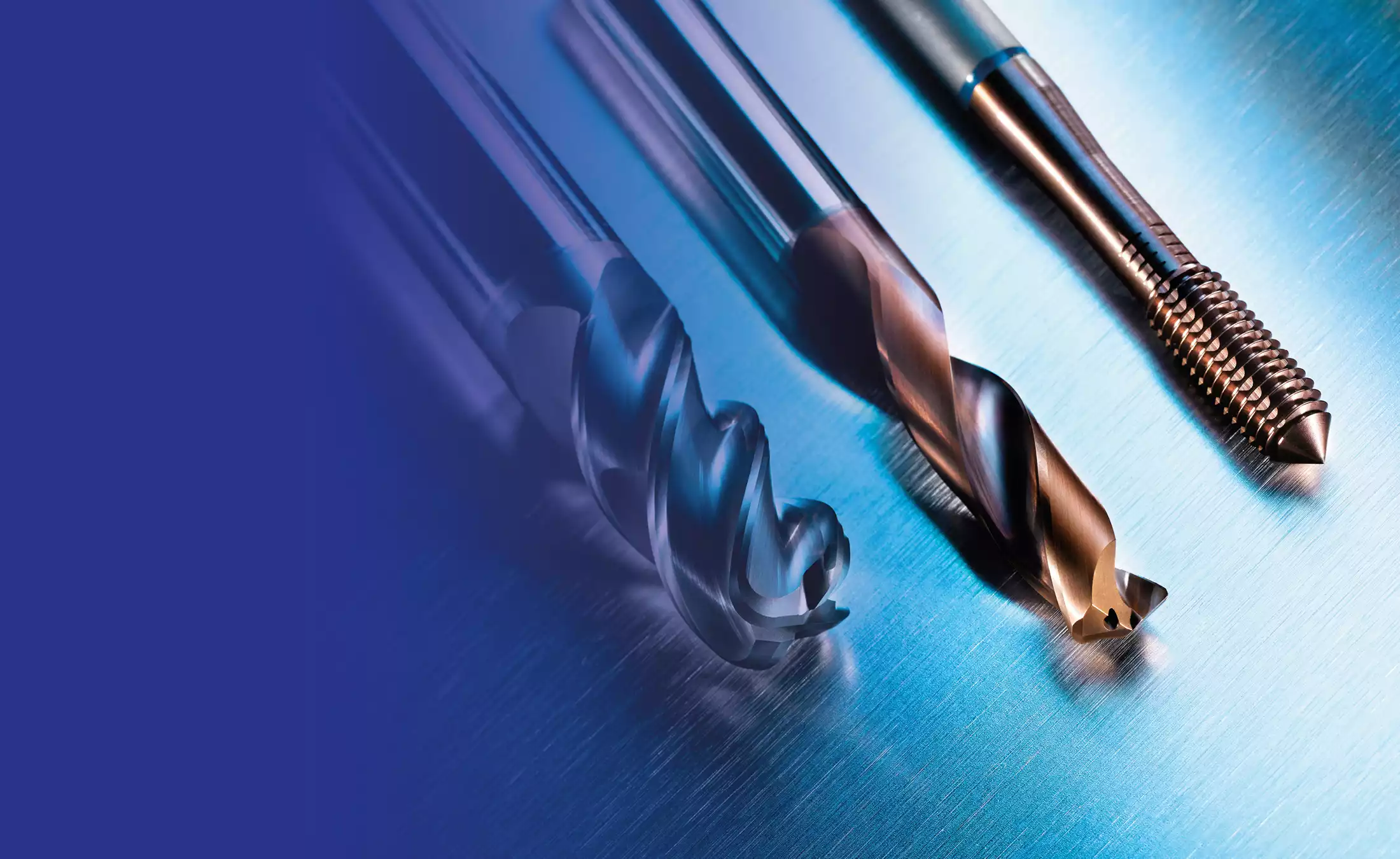What is the European Right to Repair Directive?
As Europeans, we are accustomed to having the right to make choices. We have choices in almost everything – food, housing, jobs, and friends. We can also choose how much and what we spend on, how thoughtfully we make purchasing decisions, and what we consume in general. As the saying goes – you can’t choose the weather outside or your close relatives, you have to learn to deal with them.
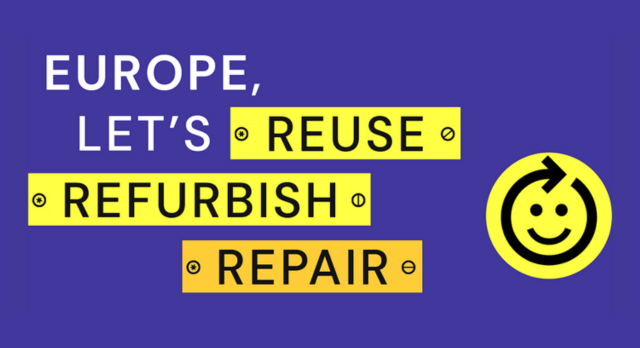
Soon, we will have another right – the Right to Repair and reuse.
John Deere, primarily known as a manufacturer of agricultural machinery, called years ago for manufacturers not to lock and password-protect electronic devices, allowing consumers to fix minor faults and adjustments themselves, and to seek help from repair shops that are not exclusive representatives of the brand. This became a widely adopted trend among other manufacturers in the 2010s and has now steadily and resolutely reached Europe. Recently, the European Commission approved a proposal to create a directive that will regulate consumers’ right to demand the repair of products both during and after the warranty period.
The main goal of the directive is to reduce global overproduction and overconsumption, educate consumers, and promote a sustainable mindset. For example, when a phone screen breaks or the battery ages, it is not necessary to replace the entire device; simply replacing the broken part would suffice to keep the device functioning. The same principle will apply to other technical devices, household appliances, vehicles, etc.
This means that the regulation will set requirements for product design and the availability of spare parts. During the warranty period, consumers must be offered the option to repair the product first, rather than automatically replacing it. Naturally, this is not always possible or reasonable if the product damage is too extensive and the device still needs to be replaced.
To help consumers make sustainable decisions even before making a purchase, products will be equipped with ratings indicating the product’s durability and repairability.
In addition to the existing 2-year warranty requirement, the following rules and tools will be added:
- Consumers should have access to data generated during the use of the product, so it can be passed on to third parties, i.e., independent repair shops, if needed.
- Consumers have the right to demand the repair of products that are repairable under EU law.
- Manufacturers are obliged to inform consumers about products that they can repair themselves.
- An online repair platform will be created to connect consumers with repair shops and stores selling repaired devices in their area.
- Consumers have the right to request a European repair information form from repair shops to make it easier to compare quotes.
- A European quality standard for repair services will be developed to help consumers identify high-quality repair services.
This is an initial proposal approved by the European Commission, but it still needs further refinement, as issues such as allowing and regulating repairs during the warranty period and establishing a pan-European standard are still open. Implementing the directive within one or a few countries would not yield the desired result.
You can familiarize yourself with the detailed proposal of the “Right to Repair” directive, approved by the European Commission on 22.03.2023.
Since January 1st 2021, France is the first country in Europe to have implemented a repairability index on 5 categories of electronic devices – smartphones, laptops, televisions, washing machines, lawn robots.
The index assesses 5 criteria:
- Documentation
- Disassembly
- Availability of spare parts
- Price of spare parts
- Product-specific aspects
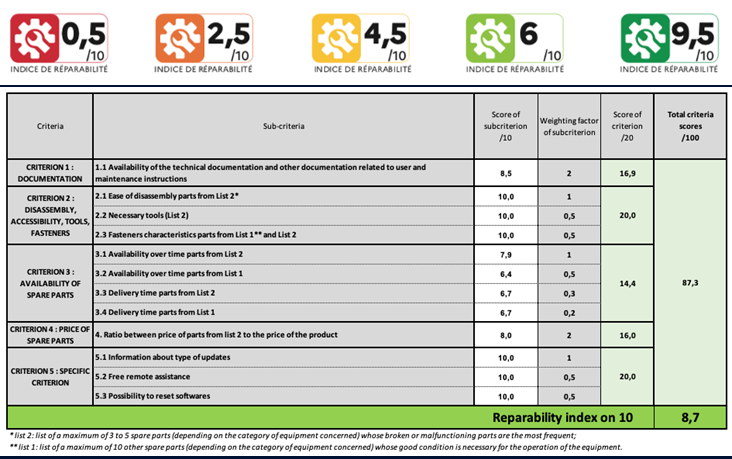
In conclusion, we at Werkado fully support the upcoming directive – it’s a good example of when the necessary change must be cultivated from top down. We have believed in this principle for many years, we choose and promote tools that are repairable, and we also offer spare parts and service.
For example, construction lasers are used in very challenging conditions at construction sites. Even the best professional instruments might need repair after fall. We keep a stock of spare parts, have invested in special equipment and technician in order to extend the lifetime of the lasers.
But above all, we pay attention to the quality of the products, so they last and do not need repair soon.
